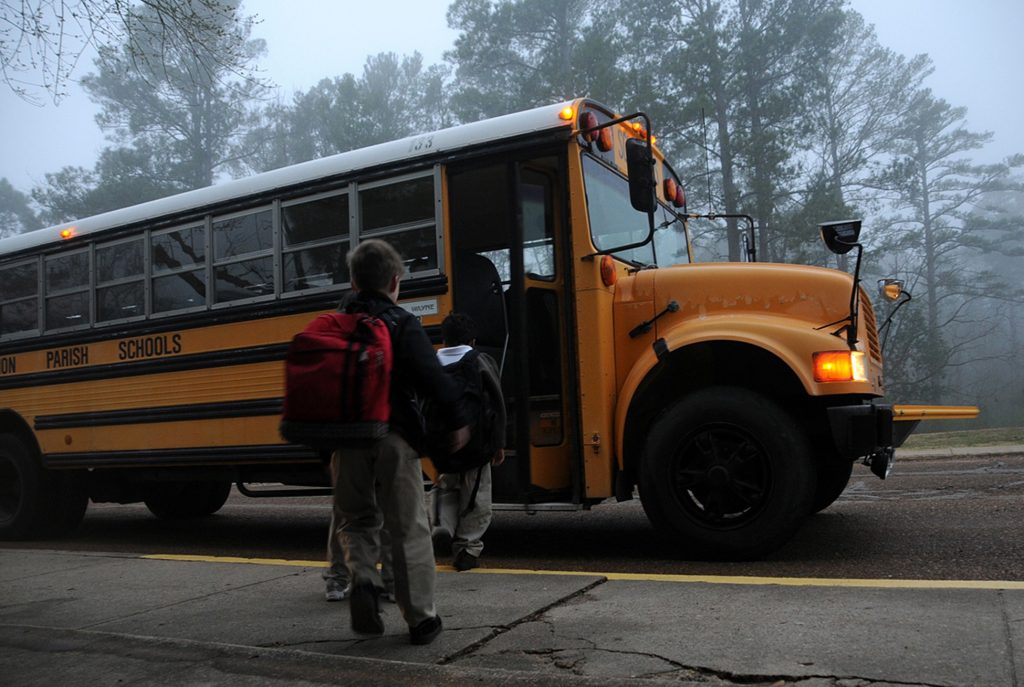
My mother was sitting by the kitchen table wrapping all her pennies, nickels, and quarters in various coin wrappers. She had all the coins organized on her bed. I knew that when tomorrow came, we would be at the grocery store by the embarrassingly loud coin machine waiting for it to count her coins as I stand beside her feeling embarrassed and ashamed.
My mother was a strong-willed woman, although it may not seem that way at first glance. She was a low-income and single parent who was suffering from lupus, and yet she was somehow able to provide for her three children. At a very young age, I understood the meaning of “bounced cheques” and “eviction notices.” I watched her attempt to overcome an abusive relationship and witnessed the hardships of raising multiple children on her own, all while battling a condition that I wish upon no one. I believed that the only way out of our situation would be for me to obtain a good job, which I (perhaps naively) equated with a good education.
Horace Mann once said, “Education is a great equalizer of the conditions of men.” In some ways, that is true. Despite my upbringing in a Toronto government-subsidized neighborhood, I am now in law school, possibly with an opportunity to earn an amount of money that my mother could only dream of. Here I am, obtaining an education which she never had. Access to education opened doors for me and offered me an opportunity to escape the cycle of poverty. While I may not be in a comfortable place just yet, there is a strong chance that I, and my future children, will be. In this sense, education acts as “a way out,” a glimmer of hope, and a path to freedom from poor circumstances. It enables everyone, regardless of where they are from, or of what race, or what circumstances they are in, to bring themselves out of poverty.
Unfortunately, inequality still subtly lingers in other ways. Think about the materials that an average student needs for school—laptop, supplies, and books. These must be paid for with personal funds. Students with more money will have access to tutors, materials, and resources that may set one up for success. Those that are disadvantaged may not have a quiet space to study in that they may live in a full household in a small space. They may be stressed about finances, which distracts them from focusing on school. Those with less money will take on more debt to finance their education, placing a bigger hurdle for them to get past. Some students need access to a co-signer to obtain a line of credit to fund their education, and that is not easy to do if you come from an underprivileged background with parents who have a low credit score (which many do, especially if you are from a disadvantaged background). All of these things show that access to education is not always equal.
The Law Students Society of Ontario’s 2014 “Just or Bust” survey recorded that 40% of the responding students finished their undergraduate degree debt-free, yet 61% of respondents started law school debt-free. In the 2019 iteration of the same survey, it was found that 52.88% of those entering law school did so without prior debt. This may suggest that students with debt were less likely to go to law school. 82.53% of students surveyed said that at least one of their parents had post-secondary credentials. First-generation students carry up to $32,066 more in debt than their peers by the third year of law school. What is more, a study by BMC Medical Education stated that medical school applicants are generally from a higher economic stratum compared to the general population, and median total neighborhood income was a predictor for offers of admission. There are many factors that may prevent education from being that all-great equalizer, factors such as how lower income students have access to far fewer resources, and lack access to what other students may have, as evidenced by the studies mentioned above.
However, there are more important things to note when it comes to education. A study published in Nature Communications found that children’s cognitive and behavioral development is strongly associated with levels of family income. Children from lower income backgrounds tend to have, “poorer memory and language abilities than their wealthier peers.” The study further proposes that “these cognitive gaps reflect the effects of income related stress on the hippocampal structure.” Per the medical research, even in primary school, children who come from lower socioeconomic status fall “up to a full standard deviation behind their higher income peers on measures of episodic memory and language abilities on average.” It seems the inequality begins even before one has had the chance at a good education.
This type of inequality that exists long before children start their education shows that education may not be the great equalizer, after all. While there is empowerment associated with the ability to obtain an education, there is substantial work to be done and changes to be made. Until then, I will say that I admire the grit and perseverance of those who are in the midst of making it out of a poor situation—it is not an easy feat.
